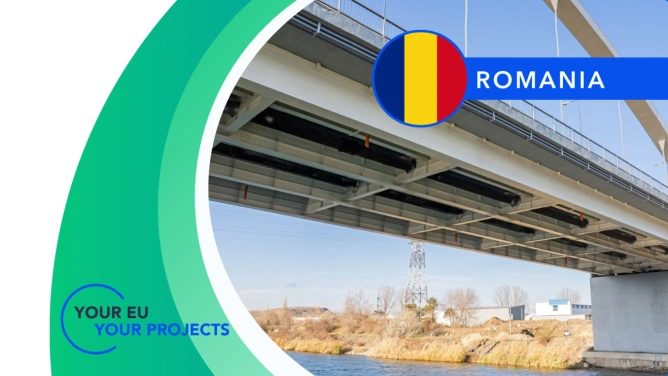
Brussels, November 5, 2025 — The European Commission has opened an in-depth investigation into a possible case of internal market distortion caused by foreign subsidies in the bidding for the new metro line in Lisbon. The investigation targets the Chinese company CRRC Tangshan Rolling Stock, one of the world's major manufacturers of rolling stock, suspected of having benefited from state aid from China that provided it with an unfair advantage in the public procurement process.
According to the European executive, the investigation is being conducted under the Foreign Subsidies Regulation (FSR), a new tool of the European Union aimed at preventing practices that affect fair competition in the single market. The case examines whether the subsidies granted by the Chinese state allowed CRRC to submit an "unusually advantageous" bid for the public contract launched by Metropolitano de Lisboa in April 2025, concerning the design, construction, and maintenance of the new "purple" metro line.
The Commission received notification from the consortium led by Mota Engil, which includes CRRC Tangshan as a subcontractor, and has determined that there are "sufficient indications" that external subsidies could distort competition. A detailed investigation follows in which Brussels may request financial documents, interrogate contractual partners, and assess possible corrective measures.
Executive Vice-President for Prosperity and Industrial Strategy, Stéphane Séjourné, explained the decision by the need to protect merit-based competition:
"Europe remains open to global trade, but this openness depends on compliance with the rules. Protecting the single market from distortions is essential to ensure fair competition and to safeguard the economic security of the Union," said the European official.
If a breach of the rules is confirmed, the Commission can impose sanctions, prohibit the awarding of the contract, or accept voluntary remedies, such as the repayment of the subsidy or adjustment of the bid.
Fully in force since 2024, the FSR allows the Commission to investigate companies outside the EU that benefit from financial support from their governments and participate in public procurement or acquisitions of European companies. The aim is to prevent unfair competition in cases where foreign firms can offer lower prices than their European rivals due to state support.
Since its entry into force, the Commission has initiated several similar investigations, particularly in the fields of rail transport and green energy, where Chinese, Korean, or Gulf firms have won major bids in EU member states.
The Lisbon-CRRC case represents a major test for the effective application of the new rules to protect the single market, at a time when the EU is trying to balance its economic relations with China. At the same time, the case fits into a broader strategy to strengthen "European economic autonomy" and reduce dependence on subsidized companies from outside the Union, especially in strategic sectors such as infrastructure, energy, and technology.
Analysts in Brussels see this case as a signal to member states managing major infrastructure projects: the transparency of funding and equal opportunities among operators must be verified before contracts are awarded, not just post-factum.
The European Commission will finalize the analysis in the coming months, and the outcome can go in three directions: approval of the project without objection, a request for "remedies" from the involved companies (such as adjusting the bid or reimbursing the received support), or prohibiting the awarding of the contract if a major distortion is confirmed. A decision is expected in the first half of 2026, and the verdict could set an essential precedent for how the Union applies the Foreign Subsidies Regulation in major infrastructure projects.



